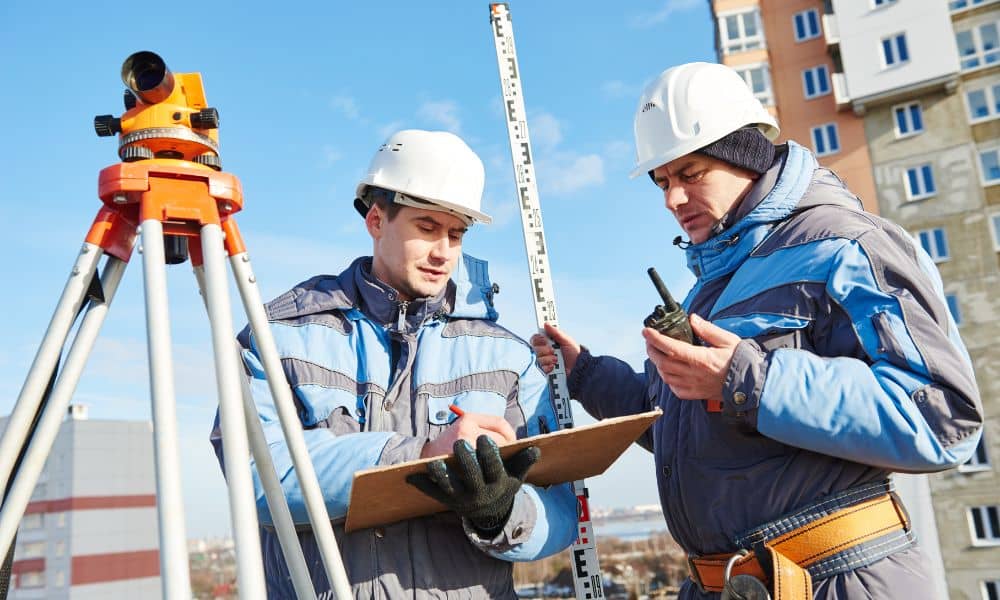
Buying or refinancing a home is stressful enough without unexpected roadblocks. When the statewide cyberattack hit in late August and stretched into September, it slowed everything from DMV appointments to title recordings in Clark County. That disruption reminded homeowners and lenders how fragile the closing process can be. A mortgage closing survey may not prevent cyberattacks, but it can keep your deal moving forward when the system around you stalls.
What Happened in Nevada’s Cyberattack
On August 26, Nevada state networks were forced offline after what officials called a “network security incident.” By early September, some systems were restored, but the recovery dragged on for days. News outlets like Fox5Vegas and Reuters reported long lines at DMVs, trouble accessing certain records, and uncertainty about which services were safe to use.
For most people, it felt like an inconvenience. For homebuyers, builders, and lenders, it was a big problem. Title offices needed Recorder data that wasn’t always available. Notaries struggled with ID checks tied to DMV records. Even something as simple as verifying parcel ownership could take longer than usual. In short, transactions that were supposed to close in days stretched into weeks.
Why Closings Slow Down When Systems Fail
Closing on a home or property depends on accurate paperwork. The county Recorder, Assessor, and Public Works offices provide the official records that prove ownership, boundaries, and easements. Without those, lenders can’t release funds, and buyers can’t get keys.
When those systems go down—even partly—every step slows. Imagine waiting for the Recorder to confirm a deed while interest rates tick upward. Or picture a contractor trying to pull approved plans from Public Works, only to find the portal unresponsive. Each delay costs time, money, and peace of mind.
That’s where a mortgage closing survey comes in.
What a Mortgage Closing Survey Does
A mortgage closing survey is a professional map of your property. It shows the boundaries, improvements, easements, and any potential encroachments. Lenders often require it before funding a loan, because it reduces risk. Title companies rely on it to spot conflicts between the deed and what’s actually on the ground.
In normal times, the survey is one part of a larger closing package. During outages like Nevada just experienced, the survey takes on extra importance. It becomes a reliable document that doesn’t depend on shaky state systems. If you already have it in hand, you’re better positioned to move forward once the Recorder or Assessor catches up.
How Surveys Support Workarounds During Outages
Clark County offers some online tools that stayed partly available even during the cyberattack. The Recorder’s Acclaim system lets you search deeds and records of surveys. The Assessor’s OpenWeb GIS shows parcel data and zoning layers. Public Works has an Online Records Research portal for approved plans and maps.
But these systems are only as useful as the information you feed into them. A mortgage closing survey gives you that foundation. With a survey in hand, you can cross-check property details against online databases, even when updates are delayed. It also helps title companies and lenders trust that the information they’re seeing is accurate, despite the bigger system’s hiccups.
Ordering Surveys Early Avoids Bigger Delays

One clear lesson from the Nevada outage is that waiting until the last minute is risky. When networks crash or offices back up, every missing document causes ripple effects. If your survey isn’t ready, you join the back of the line.
By ordering a mortgage closing survey early in the process, you create breathing room. Even if Recorder systems are down, you already know your boundaries and improvements are documented. That makes it easier for the lender to approve the loan as soon as the county comes back online.
Think of it as insurance against chaos. You can’t control when hackers target state systems, but you can control when you hire a surveyor.
What This Means for Homeowners and Lenders
For homeowners, it’s about peace of mind. Knowing your property lines and encroachments are clear before closing gives you confidence, especially when public systems aren’t reliable.
For lenders, it’s about protecting investments. A mortgage closing survey lowers the chance of disputes, delays, or loan buybacks later. When interest rates are shifting quickly, time matters.
And for builders or developers, early surveys help keep projects on schedule. Construction loans often depend on verified property details. Delays at the county level shouldn’t stall equipment on site.
Lessons From Nevada’s Disruption
The cyberattack was unusual, but it exposed a weak point in the process. Closings rely heavily on digital systems, and those systems aren’t bulletproof. Homeowners learned that even a short outage can ripple into weeks of waiting.
The smart move is to treat the mortgage closing survey as a front-loaded step, not an afterthought. By doing it early, you’re less vulnerable to disruptions you can’t control.
Final Thoughts
Nevada’s recent network outage won’t be the last challenge homebuyers and lenders face. Technology makes transactions faster, but it also creates new risks. The good news is that simple, proactive steps can keep deals moving.
A mortgage closing survey gives you clarity, confidence, and a buffer against the unexpected. Whether state systems are running smoothly or stumbling through another shutdown, your survey remains solid. In uncertain times, that’s worth more than ever.





